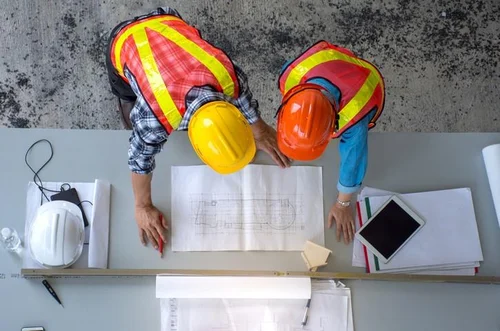Every successful construction project starts with a well-conducted feasibility study. This critical step determines whether a project is viable, cost-effective, and aligned with the client’s vision.
What is a Feasibility Study?
A feasibility study assesses the technical, financial, and environmental aspects of a project. It evaluates factors such as site conditions, project costs, resource availability, and potential risks.
Key Benefits of Feasibility Studies:
- Risk Mitigation: Identifying potential challenges early helps avoid costly mistakes during construction.
- Budget Accuracy: A clear understanding of costs ensures projects stay within financial limits.
- Informed Decision-Making: Feasibility studies provide the data clients need to make confident choices.
The Role of Architects and Engineers:
Architects and engineers collaborate during feasibility studies to align design possibilities with practical constraints. This ensures the final plan is both visionary and realistic.
Conclusion:
A feasibility study is the foundation of a successful project. It empowers clients with the knowledge they need to make informed decisions and ensures every step of the process is aligned with their goals and resources.

